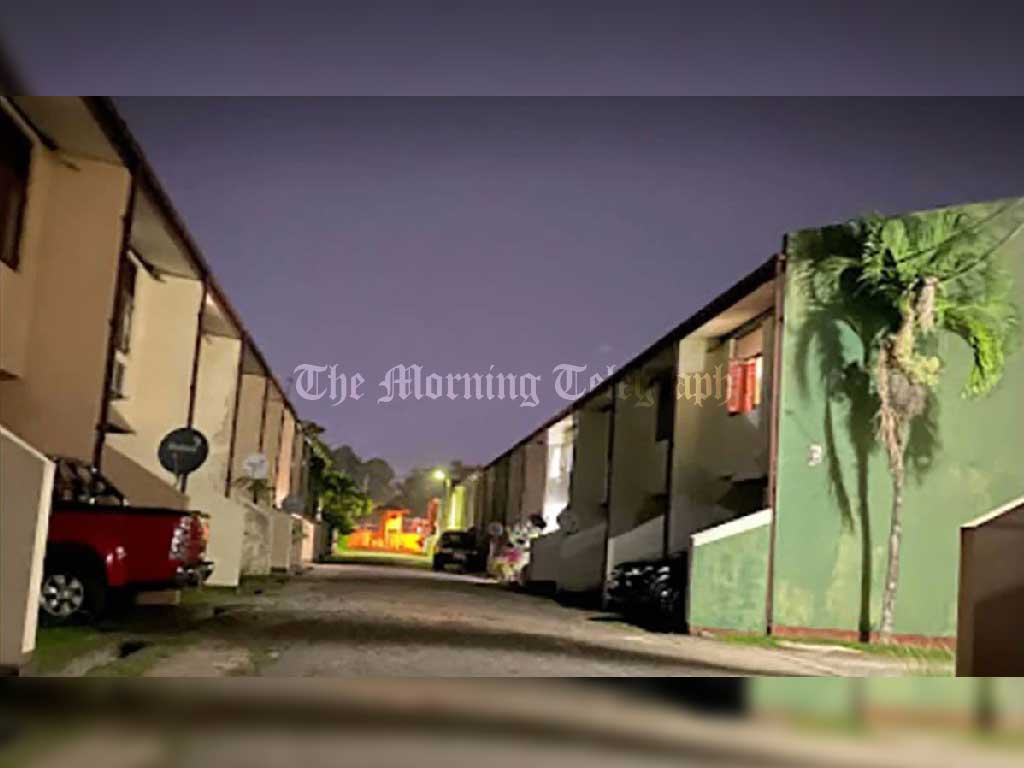
The government is exploring a plan to restructure the allocation of official residences for Members of Parliament (MPs) within the Madiwela Housing Complex, aiming to enhance efficiency and reduce state expenses. Under this proposal, cabinet ministers may no longer be provided with individual official residences, a shift that reflects broader efforts to curtail the perks and privileges historically granted to public representatives.
The Madiwela Housing Complex, located in a suburb of Colombo, currently provides 112 residences specifically for MPs. These houses are intended to offer parliamentarians a convenient place to stay during their time in office, particularly when fulfilling duties that require them to be in the capital. However, with increasing pressure on the government to cut costs and improve resource management, the idea of shared accommodations has gained traction.
In this proposed system, instead of each MP having their own residence, multiple MPs may share a single unit, depending on their schedules and official requirements. This approach is intended to optimize the use of available housing while ensuring that MPs still have access to adequate lodging when necessary. Such a change would also address concerns regarding the underutilization of some residences, as many MPs spend limited time in Colombo.
The proposal to discontinue providing cabinet ministers with separate official residences marks a significant departure from long-standing practices. It reflects a growing sentiment within the government that the privileges afforded to public officials should be scaled back in light of the country’s economic challenges.
A special committee appointed by President Anura Kumara Dissanayake is currently reviewing the privileges and entitlements of MPs and ministers. The committee’s recommendations will play a crucial role in determining the final decision on the allocation of official residences. Government sources indicate that any changes will be implemented in a phased manner to ensure a smooth transition and to address logistical concerns that may arise from the new arrangements.
While the government has not yet officially confirmed the implementation of these changes, the proposal is part of a broader conversation about reducing government expenditures, improving transparency, and ensuring that public resources are used more effectively. If adopted, the plan could set a precedent for how public representatives are housed during their parliamentary terms, potentially influencing future policies regarding the perks and privileges of elected officials in Sri Lanka.




